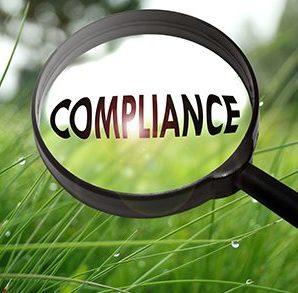
GDPR and CASL: Why Data Privacy Rules Are Good for Data Quality
by Rachel Fields, Client Success Consultant

For professional services firms, compliance with regulations such as the General Data Protection Regulation (GDPR) in Europe and the Canadian Anti-Spam Legislation (CASL) can feel like a thankless burden. Without a doubt, data privacy regulations are forcing most organizations to change the way that data is handled in their CRM systems. But it’s not all bad news. In fact, there are benefits to be had from these process changes other than just the relief of knowing you are compliant with the regulations.
The GDPR requirement of recording of express consent from contacts before sending them a newsletter or an event invitation may seem initially seem harsh,

GDPR Compliance: Process, Communications & Testing
by Rachel Fields, Client Success Consultant
 In last week’s post we covered the basics of GDPR and new data privacy regulations as well as preparation of your contact data and CRM system to accommodate new data privacy information. (In case you missed it, read “GDPR Compliance: How to Prepare and Where to Begin”).
In last week’s post we covered the basics of GDPR and new data privacy regulations as well as preparation of your contact data and CRM system to accommodate new data privacy information. (In case you missed it, read “GDPR Compliance: How to Prepare and Where to Begin”).
Now, with your CRM data prepared and your system configured to manage the new data privacy requirements, you’re ready to address processes, automation, and communication with your clients and contacts.
Create the Process
The specifics of automation will vary depending on your organization’s interpretation of the new data privacy regulations as well as the CRM and eMarketing systems in use.

GDPR Compliance: How to Prepare and Where to Begin
by Rachel Fields, Client Success Consultant

The General Data Protection Regulation (GDPR) goes into effect May 25, 2018. For some professional services firms, preparing for GDPR can pose some daunting challenges. But with some basic guidance, you can prepare your CRM and eMarketing systems to help your firm be compliant.
Where to Begin
Has your firm already done anything to comply with the Canadian Anti-Spam Law (CASL), which went into effect in July of 2017? If so, start there. Unlike GDPR, CASL has a provision for implied consent.